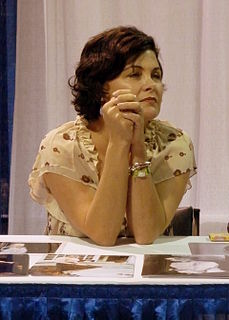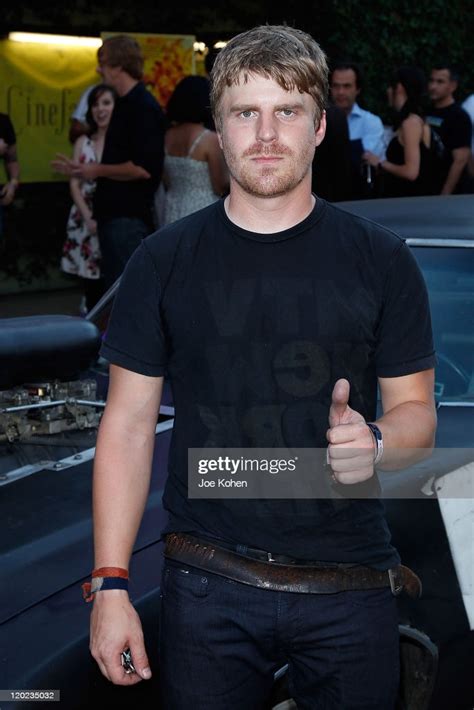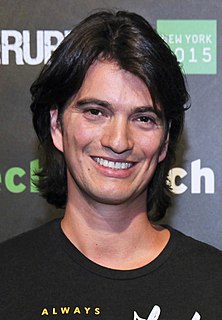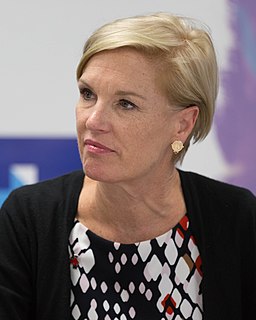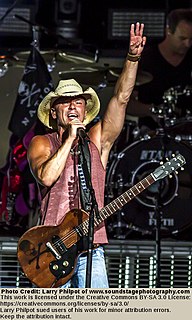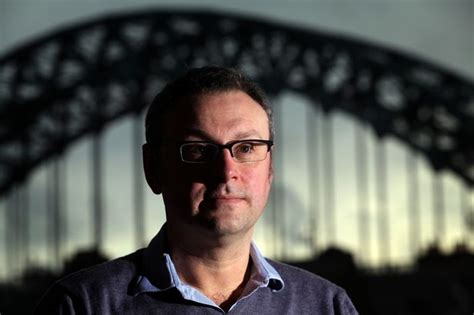A Quote by Rob Roberge
I have an MFA in writing. It is debatable if they are right for everyone, but I had a mentor who really changed my life, so it worked for me.
Related Quotes
I've never had a mentor personally of any kind. It feels like, generally, in the writing world or the art world, it's more of a thing in America, because you have writing programs, which we don't have. You have these amazing writers who are teachers. I never did a writing program so I never met a writer until I was published. I guess I can't really explain my compulsion for writing these kind of mentor characters.
I did go to an MFA program, at Bowling Green State University in Ohio. For me, it worked perfectly. It was a small program. They only take five fiction writers a year, and they fund all of us - you don't go into debt to get an MFA. It's not like getting an MBA - you're not going to buy yourself out.
I got Twin Peaks, and the part was basically written for me, which was a really big shock. I think everything really changed with the right teacher coming together, but before that I worked with Sondra Seacat; she's amazing and very spiritual, but I hadn't worked with her on specific roles. I just was in classes with her.
I love a lot of American writers, but I think that for the most part the scope of what's accepted as great American writing is very limited. What we have is good, but it's limited. There's not enough engagement with the world. Our literature's not adventurous enough. The influence of MFA writing tends to make things repetitive. The idea that writing can be taught has changed the whole conversation in the U.S.
It was not a choice of writing or not writing. It was a choice of loving my life or not loving my life. To keep writing was always a first priority.... I worked probably 25 years by myself.... Just writing and working, not trying to publish much. Not giving readings. A longer time than people really are willing to commit before they want to go public.
My generation of playwrights have grown up writing for studio theatres, and so the task of writing for more than ten or so actors is a huge challenge. Logistically, it's like doing an enormous Sudoku. Making sure everyone is in the right place at the right time in the right order instantly sends me into a cold sweat.





